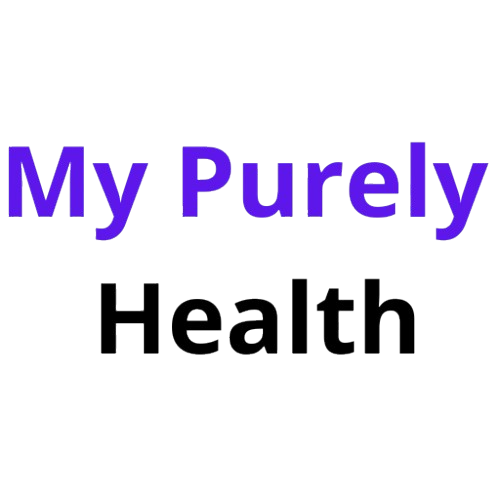Creativity and mental health are deeply intertwined, with creativity offering numerous benefits for mental well-being. Here’s an in-depth exploration of how engaging in creative activities can positively impact mental health:
1. Stress Reduction
Engaging in creative activities such as painting, writing, or playing music can significantly reduce stress. These activities provide a form of escapism, allowing individuals to focus on the creative process rather than their stressors. This shift in focus can lead to a state of flow, where time seems to disappear, and stress levels decrease1.
2. Enhanced Problem-Solving Skills
Creativity encourages out-of-the-box thinking and problem-solving. When individuals engage in creative tasks, they often encounter challenges that require innovative solutions. This practice can enhance cognitive flexibility and improve problem-solving skills, which are beneficial for mental health1.
3. Increased Self-Esteem and Confidence
Creating something unique can boost self-esteem and confidence. The sense of accomplishment that comes from completing a creative project can enhance self-worth and provide a positive outlook on one’s abilities. This is particularly important for individuals struggling with low self-esteem or depression2.
4. Emotional Expression and Processing
Creative activities provide a safe outlet for expressing and processing emotions. Whether through writing, painting, or music, individuals can explore their feelings and experiences in a non-verbal way. This can be especially helpful for those who find it difficult to articulate their emotions verbally2.
5. Social Connections
Participating in group creative activities, such as art classes or writing workshops, can foster social connections. These social interactions can provide emotional support, reduce feelings of loneliness, and increase a sense of belonging. For individuals with social anxiety or depression, these connections can be particularly beneficial1.
6. Mindfulness and Relaxation
Creative activities often require a level of concentration that can lead to a meditative state. This mindfulness can promote relaxation and reduce symptoms of anxiety and depression. Activities like drawing, knitting, or playing an instrument can serve as a form of active meditation, helping individuals stay present and focused2.
7. Cognitive Benefits
Engaging in creative activities can stimulate brain function and improve cognitive abilities. Creativity involves various cognitive processes, including memory, attention, and problem-solving. Regular engagement in creative tasks can help maintain cognitive health and potentially reduce the risk of cognitive decline1.
8. Sense of Purpose and Meaning
Creativity can provide a sense of purpose and meaning in life. Creating art, writing stories, or composing music can give individuals a sense of accomplishment and fulfillment. This sense of purpose can be particularly beneficial for those experiencing existential crises or feelings of purposelessness2.
Conclusion
The connection between creativity and mental health is undeniable. Engaging in creative activities can reduce stress, enhance problem-solving skills, boost self-esteem and confidence, provide a means for emotional expression, foster social connections, promote mindfulness and relaxation, offer cognitive benefits, and provide a sense of purpose and meaning. By incorporating creativity into daily life, individuals can harness these benefits to improve their mental well-being and overall quality of life.

